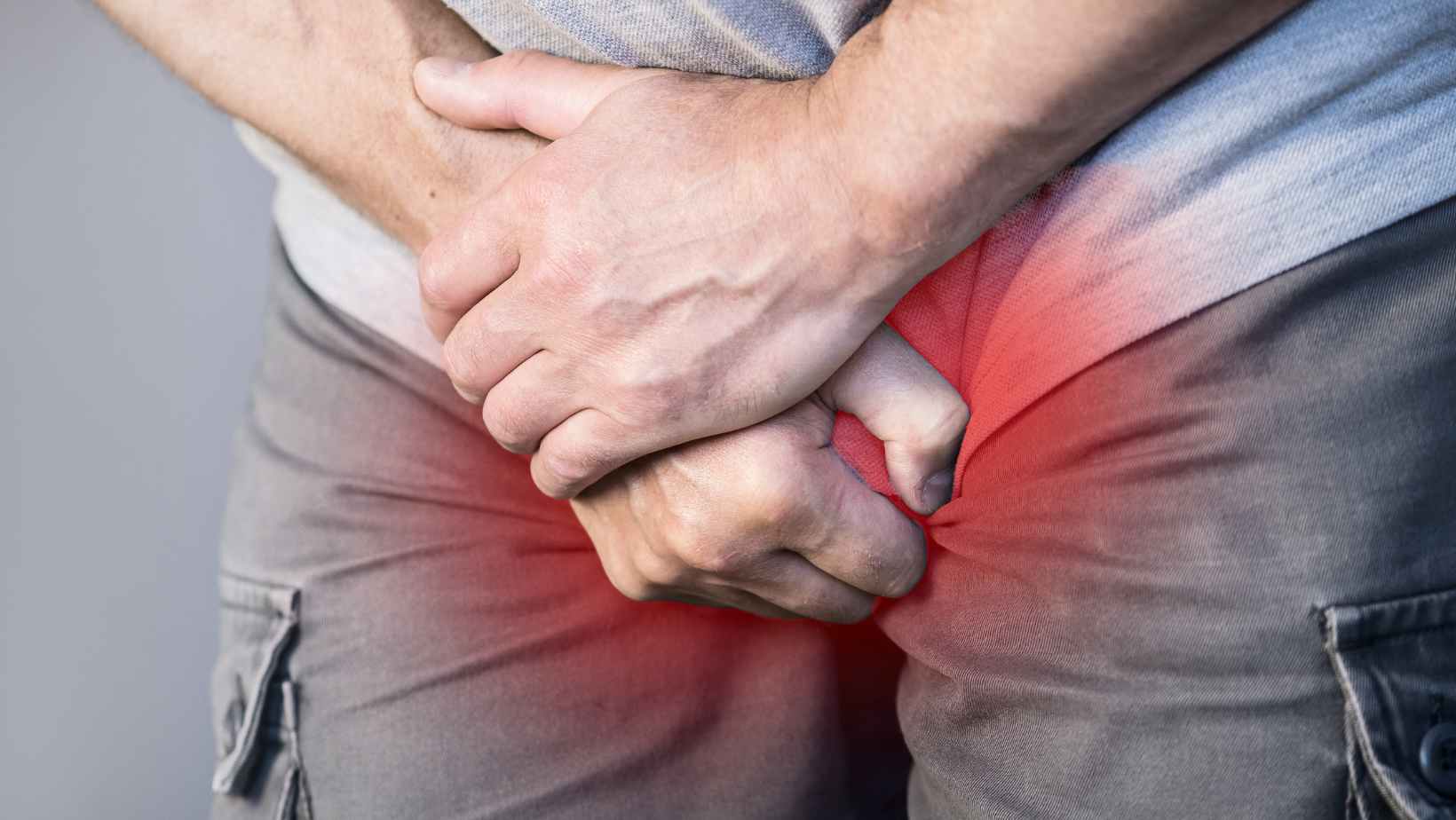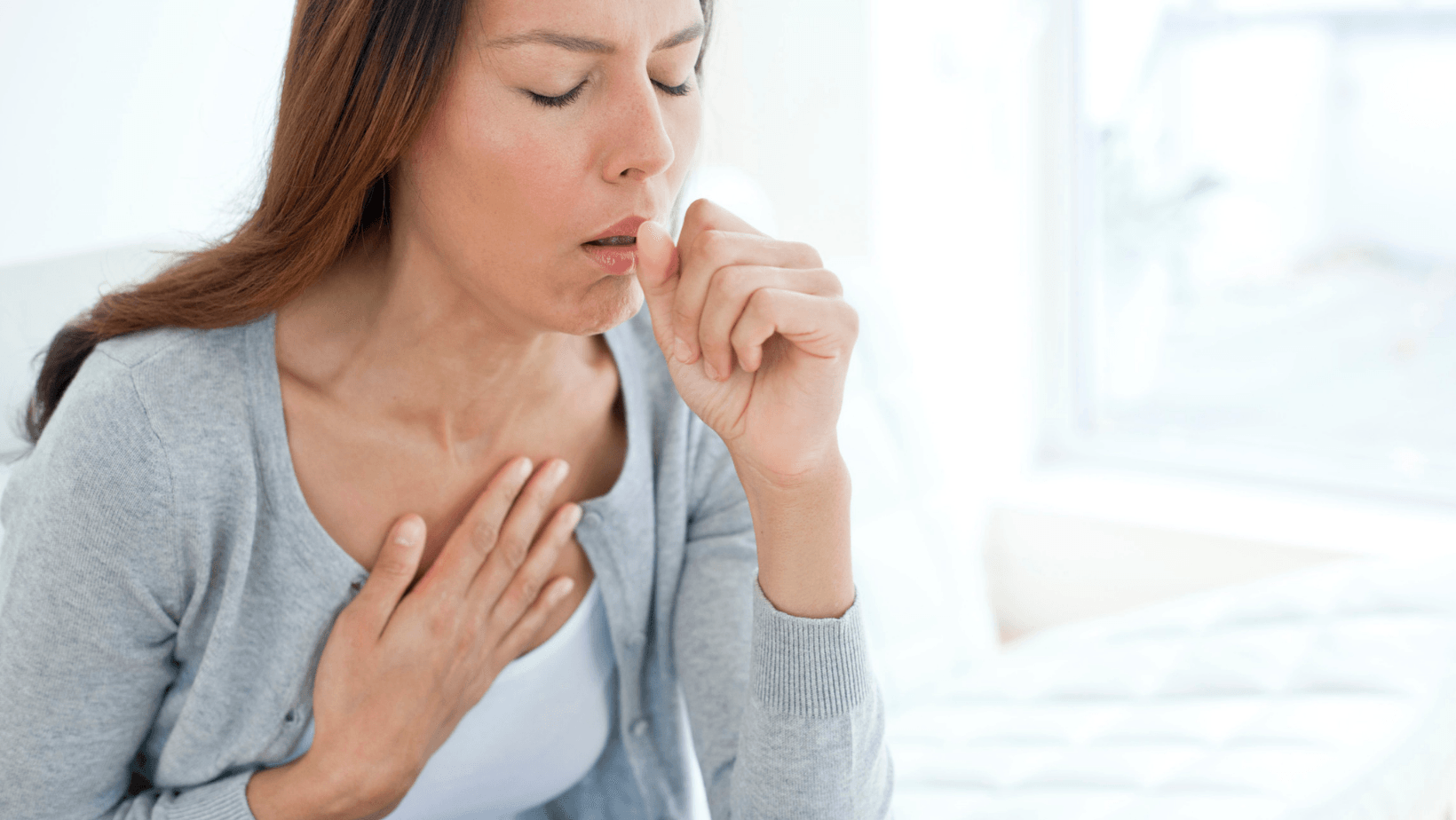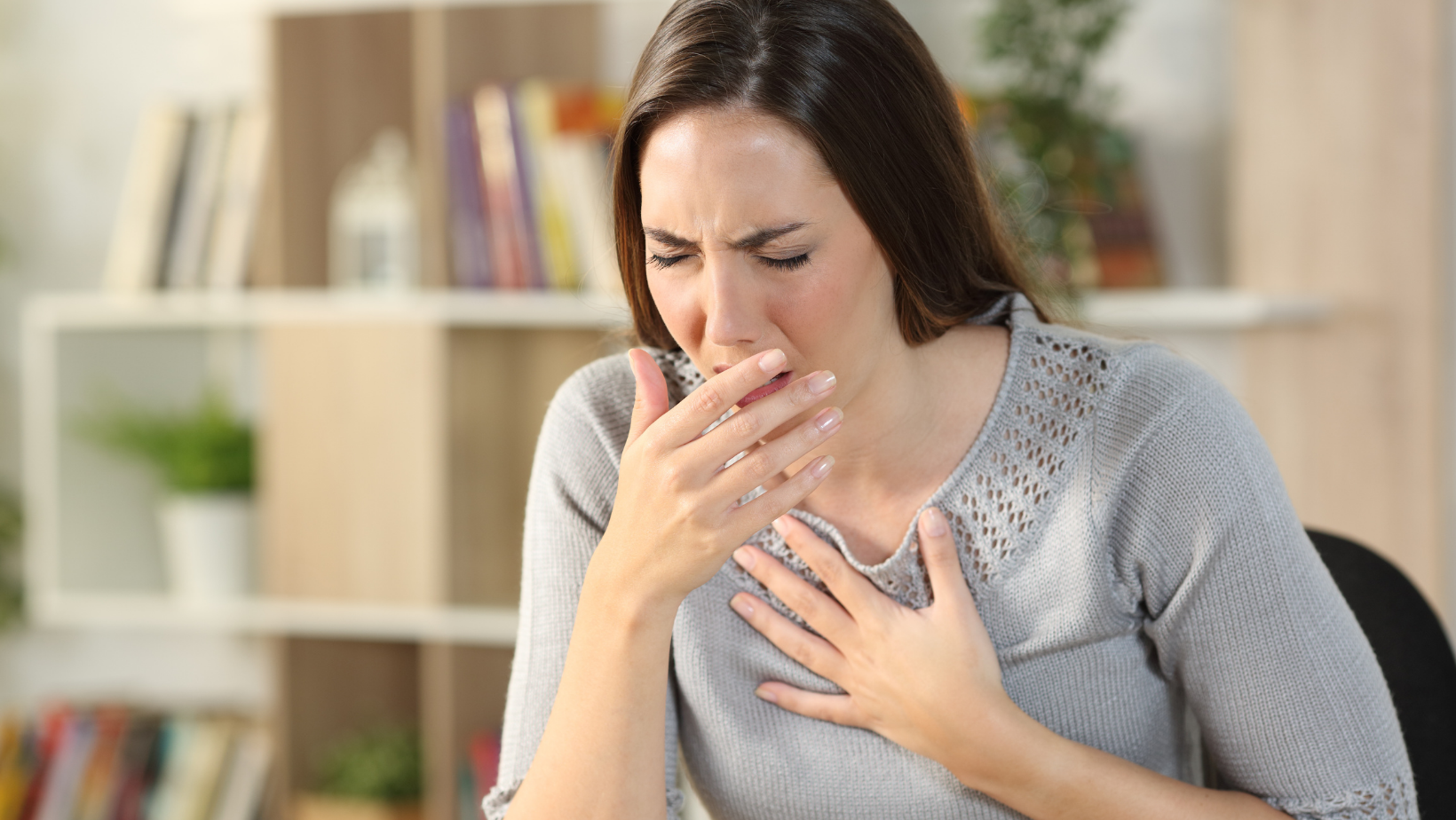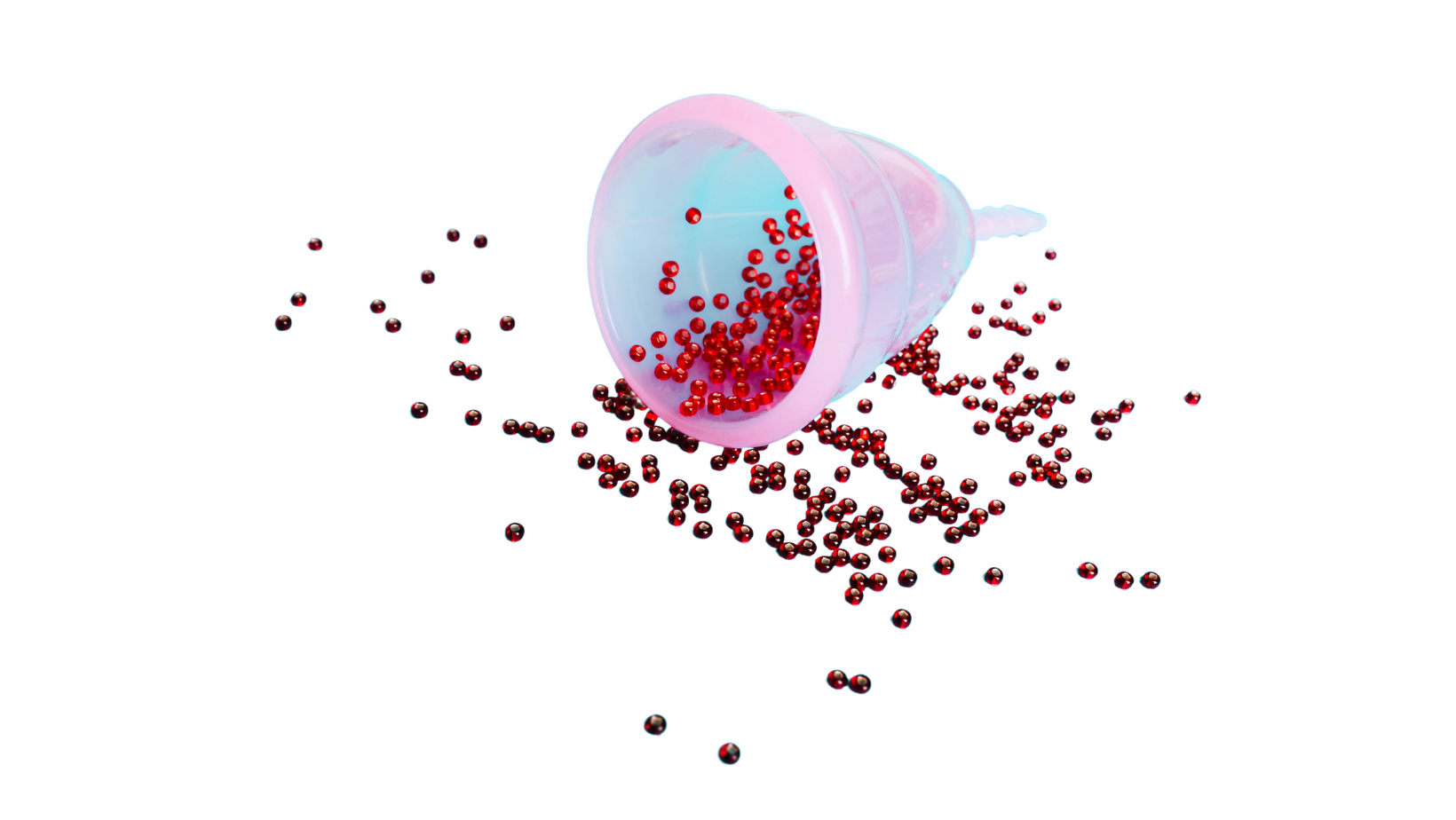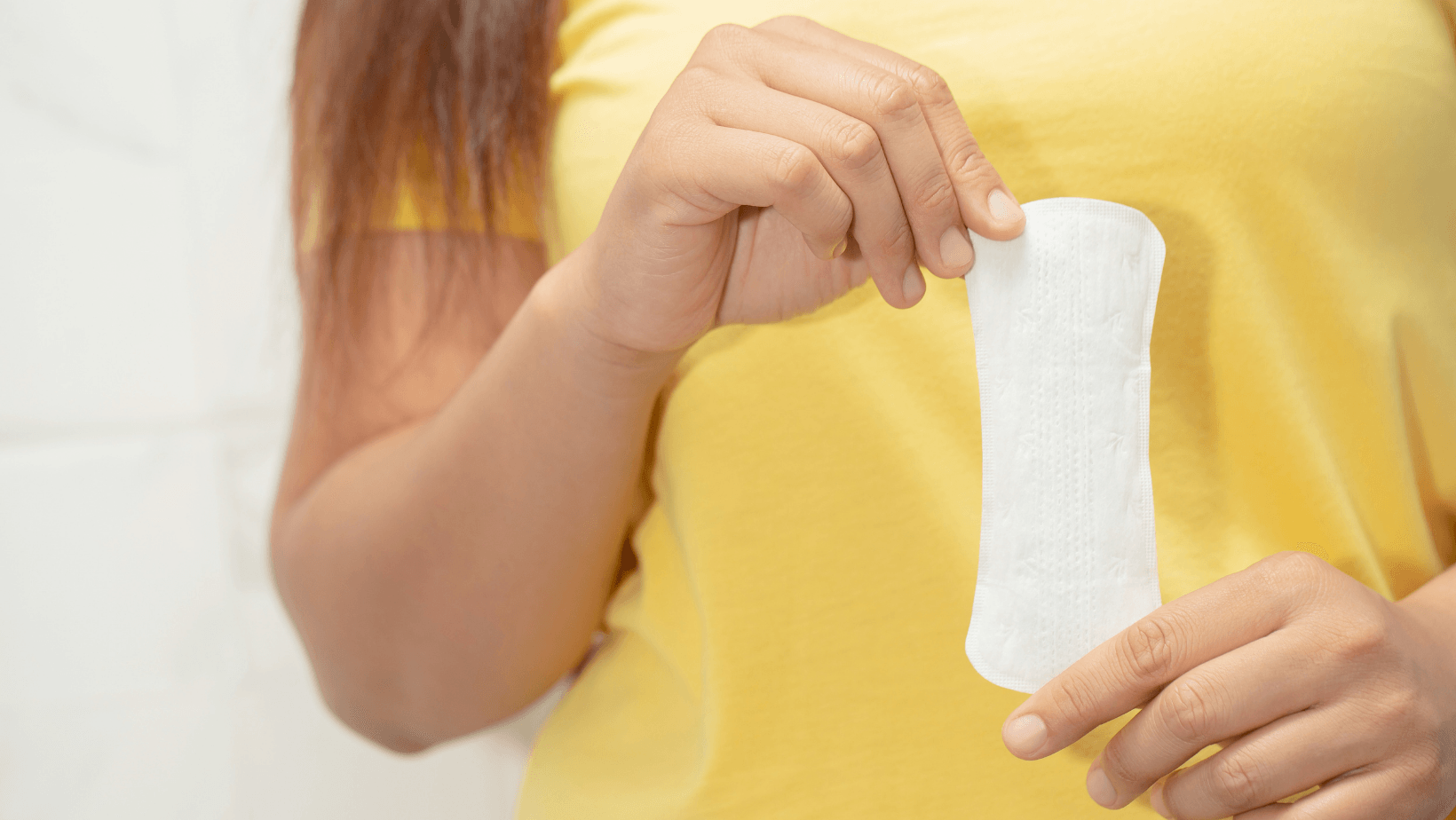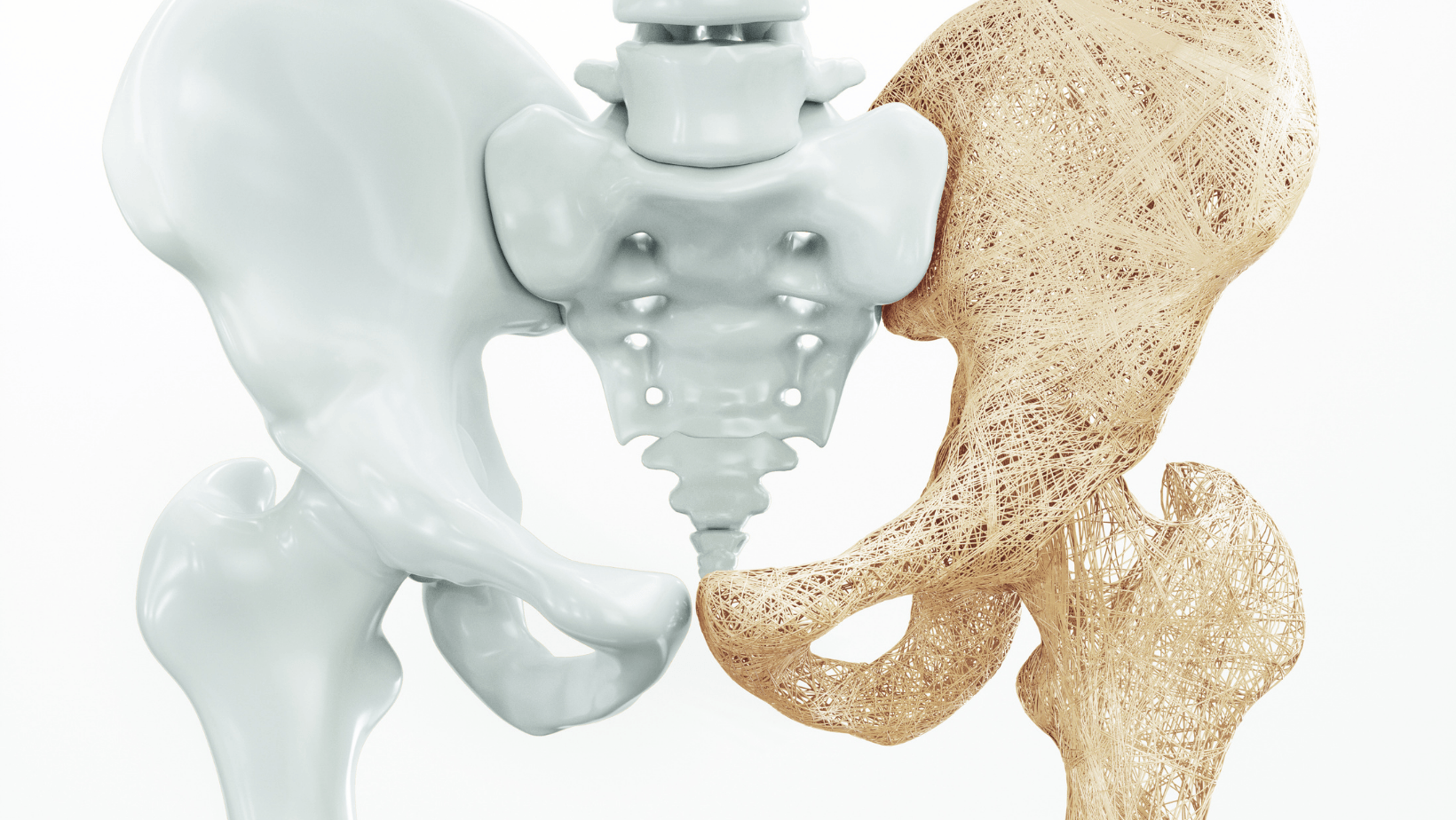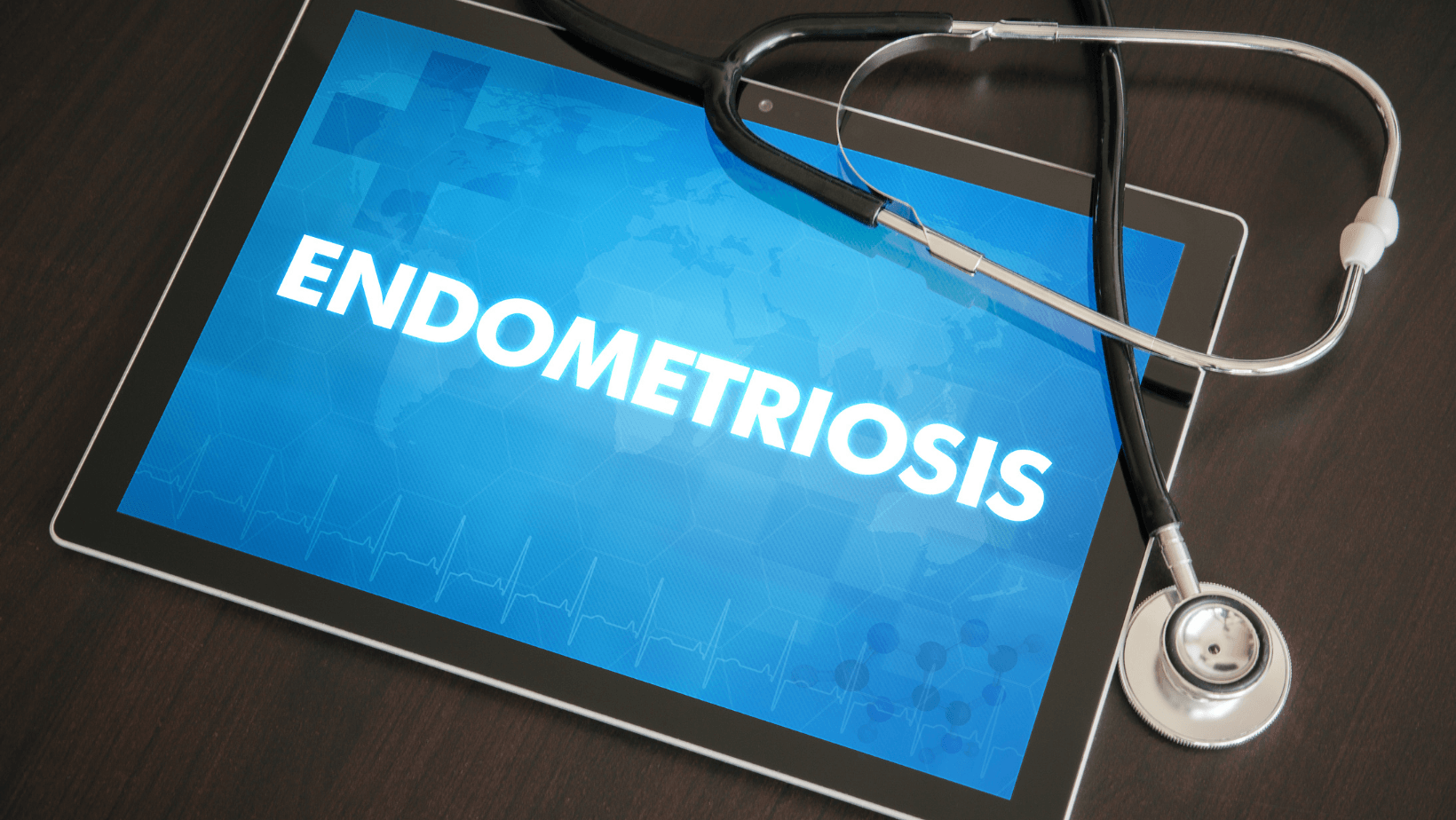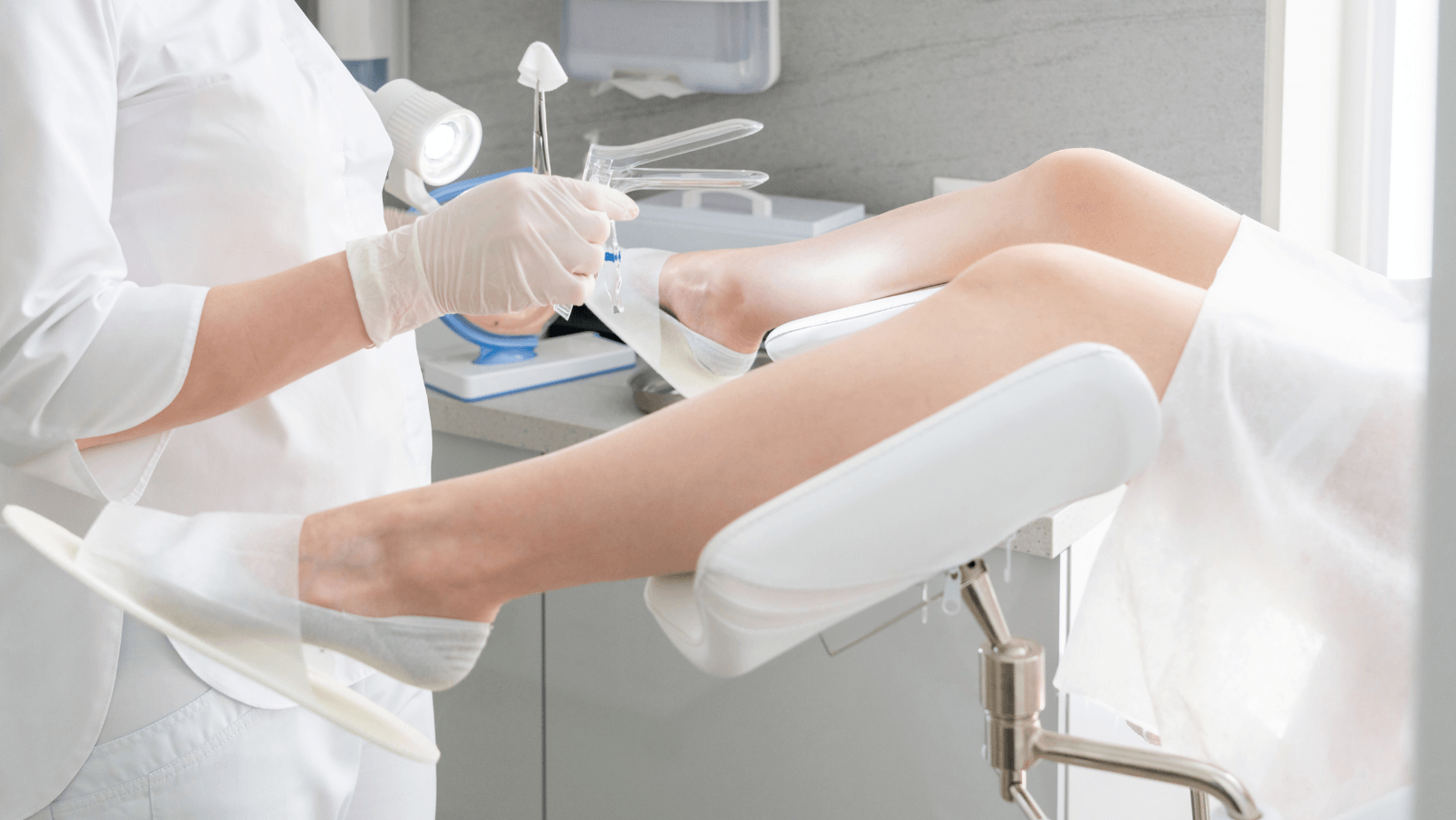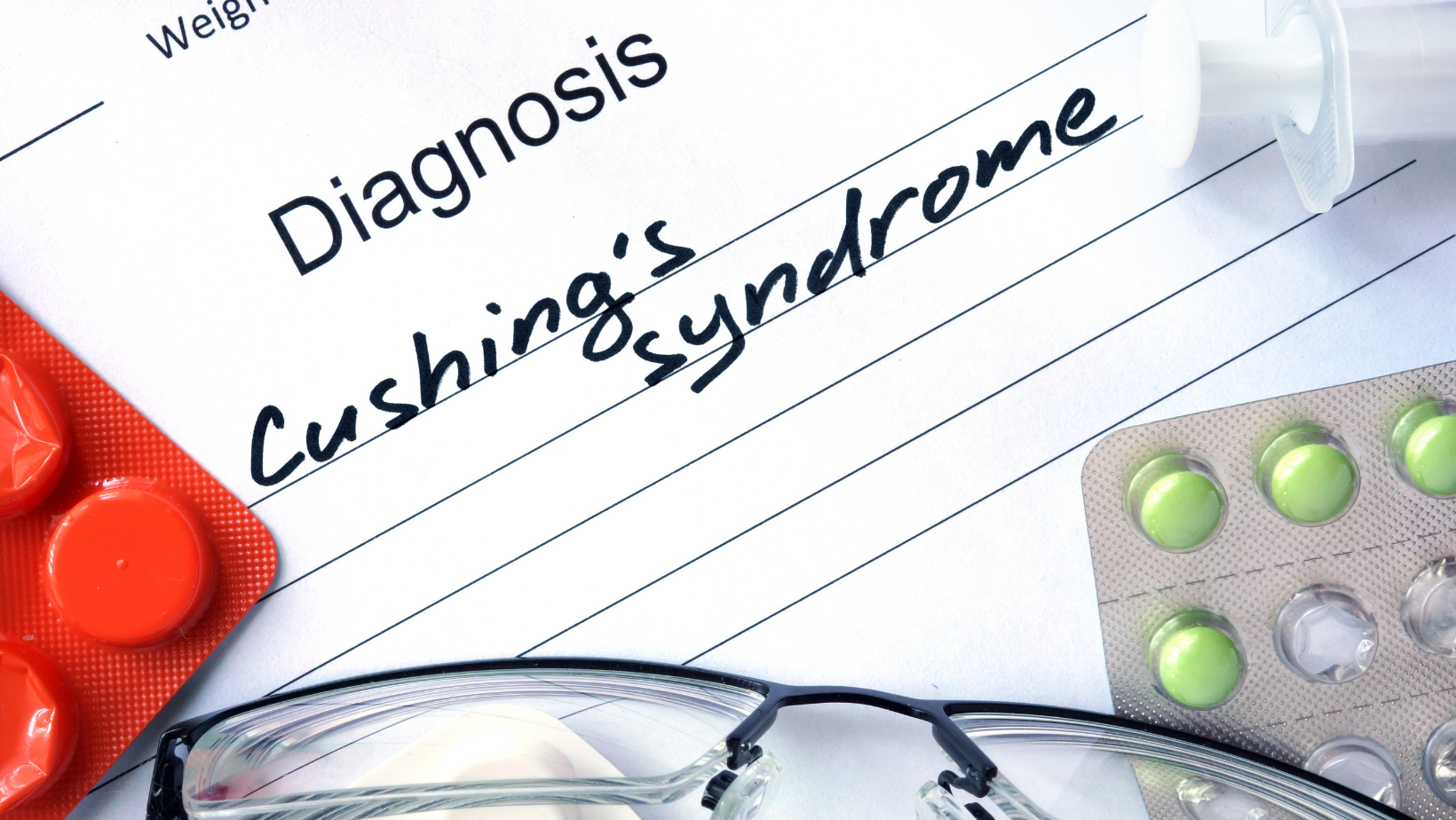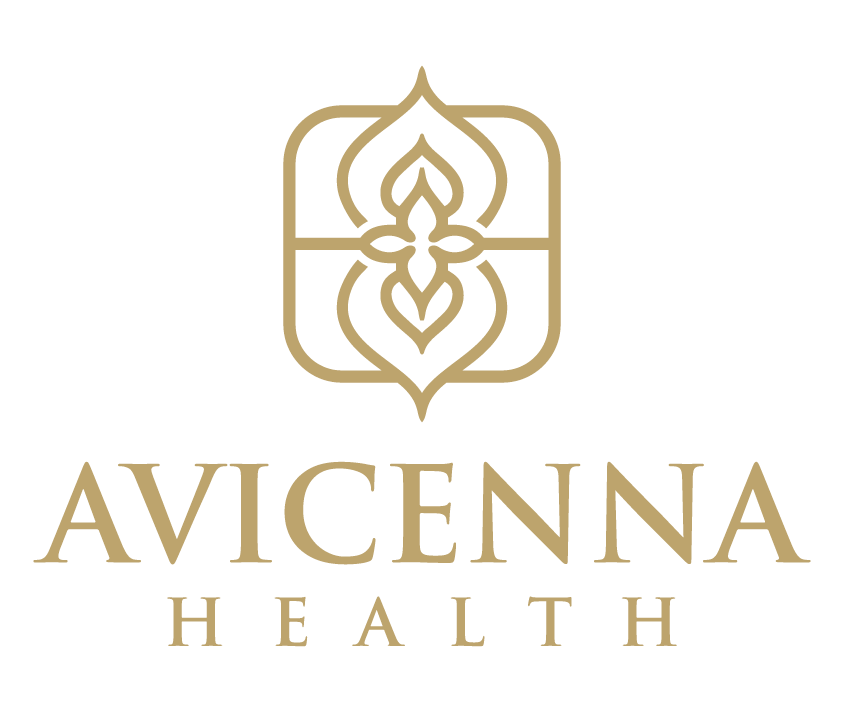COVID 19 and Pregnancy FAQ - Avicenna Health
COVID-19 and Pregnancy
What is pregnancy?
Pregnancy is the period when a woman carries a fetus inside her womb until it becomes a viable baby. Pregnancy usually lasts about nine months.
This period is considered sensitive because women often become more susceptible to infections due to hormonal and immune system function changes.
These infections include many known ones like influenza as an example, but what about the new coronavirus disease (COVID-19)?
Let us figure this out with the last reports.
Covid-19 impact on pregnancy:
Mainly, the chance of being infected with covid-19 as a pregnant woman is the same as anyone else.
Even though the overall risk is low, pregnant women can be at a higher risk of severe COVID-19 infection, especially with an underlying condition such as hypertension or diabetes.
So if you have a chronic condition, and you are planning to get pregnant, or you are already pregnant, you need to take precautionary measures seriously.
Researches say that symptomatic patients are more likely to be at a high risk than asymptomatic ones and more likely to be hospitalized or admitted to the intensive care unit.
Labour and delivery:
Researchers have not found any proof that the virus can cause birth problems like miscarriage or birth defects.
Infected women were found more likely to deliver their babies prematurely, before the 37th week of pregnancy, but there is no evidence if the virus is the main causing factor.
On the other hand, fever and other symptoms that the virus may cause during pregnancy may lead to birth defects if were neglected.
Whether if the birth was Cesarean or vaginal, no effect was noticed for both.
Postpartum:
After delivery, if the born baby was delivered from an infected mother, doctors recommend putting the baby on probation for a while to monitor his vital signs and notice any symptoms.
Talk to the doctor to schedule virtual visits or office visits if necessary to keep checking in.
If I have COVID-19, will my baby be infected?
After birth, some babies were tested positive for COVID-19, but there is no clue if they were infected in the womb or after the delivery by droplets from their mothers or other people.
According to reports, the breast milk of a few women was tested for COVID-19, and fortunately, no virus was detected. So, breastfeeding itself does not pass COVID-19 to your baby. Still, you should never forget that coughing, sneezing, and even the droplets remaining on the surfaces can cause the baby to be infected.
So that baby should be taken care of by others who are not infected.
If you insist on taking care of the baby yourself, consult your doctor first, and consider taking precautionary measures, especially washing hands and wearing a mask during breastfeeding.
Vaccines and recommendations:
Mainly, being pregnant is not a contraindication of getting vaccinated.
According to the last researches, vaccines have no harmful effects on pregnant women or even their babies, on the contrary; Antibodies that are produced due to the vaccine may help protect the baby from COVID-19.
So if you are planning to get pregnant or already pregnant, consider getting vaccinated to keep yourself and your baby safe as possible.
When to consult a doctor:
Call your doctor right away if:
- You can't feel your baby's movement, or you feel unusual movement.
- Noticing blood traces in your vagina
- You have a severe headache that is not improving with painkillers
- You have shortness of breath
- You have a fever
When to call 911:
- If you have severe chest pain or hardly breathing
- If you cough up blood
- If you are so tired and you may be getting fainted
- In addition to any other symptom that requires emergent care.
Remember, if you have any concerns about non-emergent health conditions, you may schedule a telemedicine consult with the Avicenna Health provider for an individualized consultation.
References:
- Mayoclinic.org
- Webmd.com
- Nhs.uk
- Medscape.com

